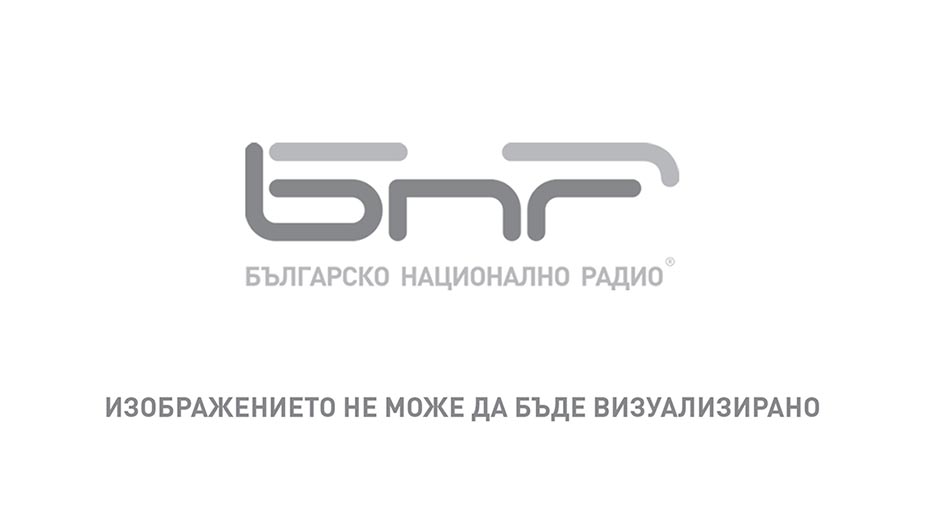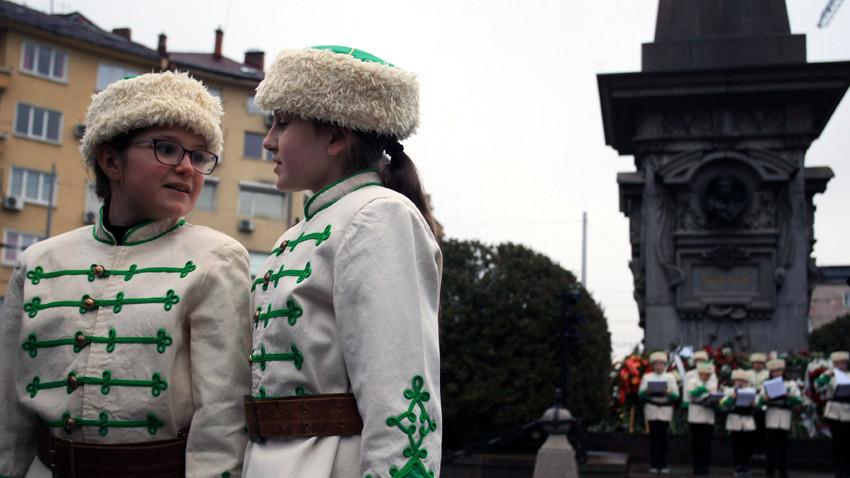 4
4
In the Bulgarian consciousness the name of 19th-century revolutionary Vasil Levski known as the Apostle of Freedom holds a holy place. “The tenets of the Apostle calling for a pure and holy republic, for freedom and equality, are still valid today - 146 years after his death. Levski's precepts are the only true pillar we can set our feet on firmly in order to start reviving and rebuilding our homeland, according to modern standards. And if we look at what they represent, we can safely define them as our national bible”, says Vasil Vasilev, the chairman of the Vasil Levski All-Bulgarian Committee.
Often the words of the “Deacon” as Levski was often dubbed sound simple, yet uncompromising: "What we said and wrote yesterday, we must still have it today, in front of our eyes, so that people would not laugh at us about our deeds tomorrow," Levski used to say, adding: "Give the task to such people who are prudent, steadfast, fearless and magnanimous”.
 “Our goal now is to respond to this growing interest in the Apostle's deeds, in the source of hope and belief that people find in it, and to show that our society and especially politicians can find solid ground in Levski's legacy and determine their actions guided by it”, says Vasil Vasilev. “The apostle also speaks of the need for the Bulgarian people to be and to act united because only then can we become equal to other European nations. In the rare times when our people were united, we have won extraordinary victories, both in the military field and in the social and economic spheres. In today's times of disunity, whether on a political, economic, social, or sexual basis, we can only sink deeper and deeper. The Apostle also says that we must take into account today what we said yesterday. This means that politicians should not lie. If politicians are sincere with people, they will have much greater influence”.
“Our goal now is to respond to this growing interest in the Apostle's deeds, in the source of hope and belief that people find in it, and to show that our society and especially politicians can find solid ground in Levski's legacy and determine their actions guided by it”, says Vasil Vasilev. “The apostle also speaks of the need for the Bulgarian people to be and to act united because only then can we become equal to other European nations. In the rare times when our people were united, we have won extraordinary victories, both in the military field and in the social and economic spheres. In today's times of disunity, whether on a political, economic, social, or sexual basis, we can only sink deeper and deeper. The Apostle also says that we must take into account today what we said yesterday. This means that politicians should not lie. If politicians are sincere with people, they will have much greater influence”.
Levski's portrait is placed on the walls of the offices of a number of Bulgarian high-ranking politicians. But are they really able to abide by the principles and values of the Apostle or rather they tend to use Bulgaria’s national heroes to draw political dividends?
“Politicians are striving to shine with reflected light, hoping that thus they will be able to look more attractive to their voters. Unfortunately, this is true and applies to the whole country as, on February 19, politicians, mayors, agency bosses, and so on, utter a lot of nice words. They are all quoting Levski, saying what a hero he was and what an example he should be to us. But on the 20th February everything is already long forgotten. We have been given the extraordinary chance of having in our history a figure who has outlined the path Bulgaria should follow years ago. Levski proved the truth of what he preached with the price of his own life and his tragic death”.
The members of the patriotic organization set up clubs entitled “Mladi Vazrozhdenizi” (Young Revival Leaders) in Bulgarian schools in the country and around the world, whose purpose is to preserve the Bulgarian identity and national values. “The cause of these young people is to get acquainted with examples and moments of our history missing in the textbooks. Moreover, the clubs provide opportunities for integration and friendship between children of Bulgarian, Turkish and Roma origin”, says Vasil Vassilev:

“We see that what is being taught to children in many cases is a distorted picture of the history for different reasons. For example, how could a child comprehend the contradiction between the assessment of the period of the Turkish yoke given by the contemporaries of these historical events Hristo Botev, Vasil Levski, and Ivan Vazov and what they read and hear today when this tragic period of Bulgarian history is presented as a peaceful coexistence within an empire under the authority of the Sultan. This distorted version of history, which has purely political grounds, should not conquer the minds of the children”.
During Vasil Levski’s time, freedom was the embodiment of the Bulgarian national ideal, but now the main goal is the development of the state and society, says in conclusion Vasil Vasilev, chairman of the Vasil Levski All-Bulgarian Committee.
English Rossitsa PetcovaPhotos: BGNES and archive
Every child dreams of having all the time in the world in which to play and enjoy piles of sweet delights. One of the most favorite, of course, is His Majesty the Chocolate. The first records of its appearance can be found as early as 2,000 years before..
A little over 1,450 Leva is the sum needed per month by an individual living in a one-person household, and a total of 2,616 Leva for the monthly upkeep of a three-member household - as is the most widespread model in Bulgaria at the moment (two..
The traditional "Easter Workshop" will be held from April 23 to 26 in the Ethnographic Exposition of the Regional History Museum - Pazardzhik. Specialists from the ethnographic department of the museum will demonstrate traditional techniques and..
Every child dreams of having all the time in the world in which to play and enjoy piles of sweet delights. One of the most favorite, of course, is His..

+359 2 9336 661
